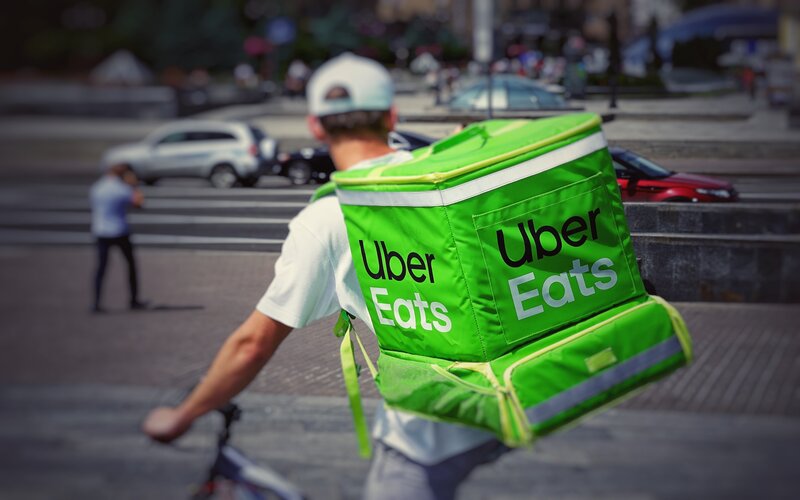The proposed legislation would see the Fair Work Commission set minimum standards for workers in the gig economy, like rideshare or food delivery drivers.
Companies like Uber could have to pay penalty rates, reimburse employee expenses and make superannuation contributions.
Uber say its modelling suggests ride prices could go up by 60%, while the Uber Eats delivery fee could see an 85% increase.
Penalty rates could mean ordering Uber Eats on the weekend becomes 125% more expensive, and 160% on public holidays.
Uber say the result could be combined losses of $1.5 billion a year on behalf of restaurants and businesses, while drivers could lose more than 40 million hours of work annually.
Tony Burke, Minister for Employment and Workplace Relations, acknowledged there would likely be a 'modest' pass through to consumers, but argued this was a small price to pay.
"Underpaying people is cheaper. Slavery is probably cheaper too," he said in a speech to the National Press Club in August.
"There is some modest pass through here.
"We are talking about some of the lowest paid people in Australia and if that means there's a tiny bit extra you pay when your pizza arrives to your door and they're more likely to be safe on the roads getting there, then I reckon it's a pretty small price to pay."
Opponent of the bill, MP for Berowra Julian Leeser, called it "bad policy and bad economics" and said it was not in the best interest of the workers who make up the gig economy.
"These are men and women who want to work in their own time on their own terms," he said.
"A self-funded retiree who does an afternoon of driving to supplement an income, a student who fits their work around their university timetable or a contractor who wants to be their own boss."
A safety issue
Mr Burke said protection for these employees had become a matter of safety as well as fairness.
"There is for riders, for example, an additional safety issue, that you're paid such low rates you have to absolutely rush to be able to get any sort of meaningful income," he said.
"That, regardless of safety rules, creates an additional risk on the roads."
The Transport Workers Union (TWU) estimates at least 13 food delivery drivers have died in Australia since 2017, and the number could be higher because of underreporting.
After two delivery drivers died within three weeks in Sydney earlier in the year, TWU national secretary Michael Kaine said reform had acquired life or death urgency.
"Life-saving reform to set fair, safe and sustainable standards in transport, including for gig workers, will soon be before federal parliament," Mr Kaine said.
"We call on every parliamentarian to pass this reform into law without delay."
Further imposition on productivity?
In October's monetary policy decision, RBA Governor Michele Bullock said that with wage growth so strong, productivity will need to improve for inflation to return to target.
GDP per hour of labour worked, a common measure for productivity, has declined in recent times, dropping 3.6% from June '22 to '23.
Mr Leeser says part of the problem is additional layers of red tape and bureaucracy, like the proposed legislation.
"At a time when businesses large and small are lamenting the complexity of the Fair Work system, this legislation makes things worse," he said.
"According to the government's own estimates, these challenges will add an extra $9 billion of costs to the economy more broadly."
Picture by Robert Anasch on Unsplash



 Denise Raward
Denise Raward
 Harry O'Sullivan
Harry O'Sullivan

 Emma Duffy
Emma Duffy
 William Jolly
William Jolly

